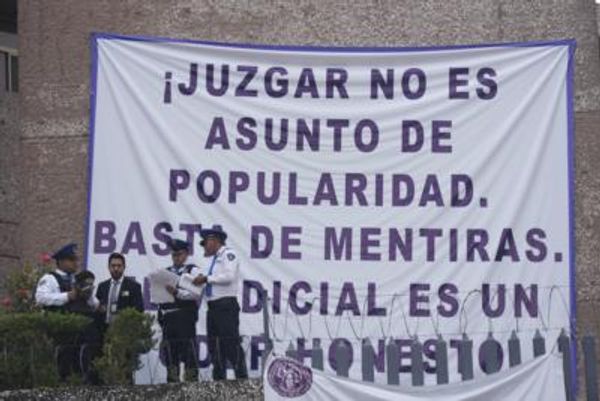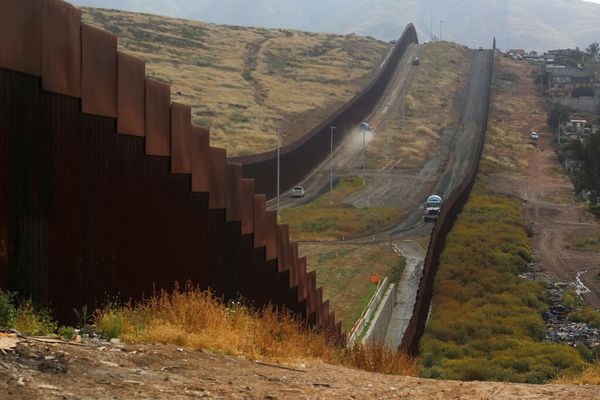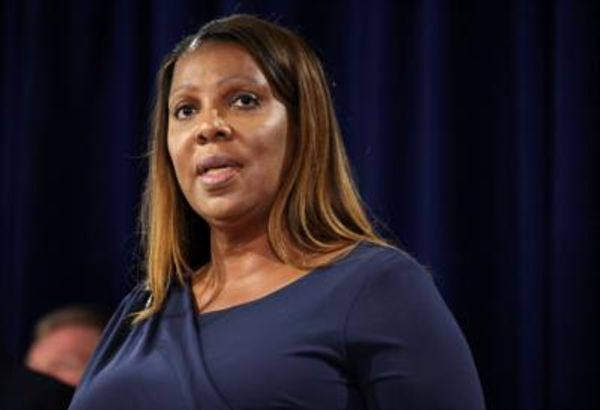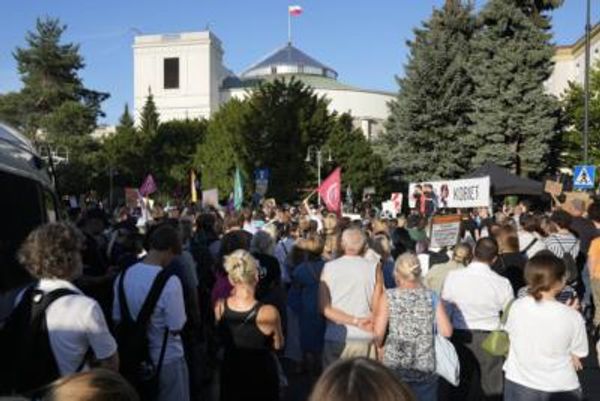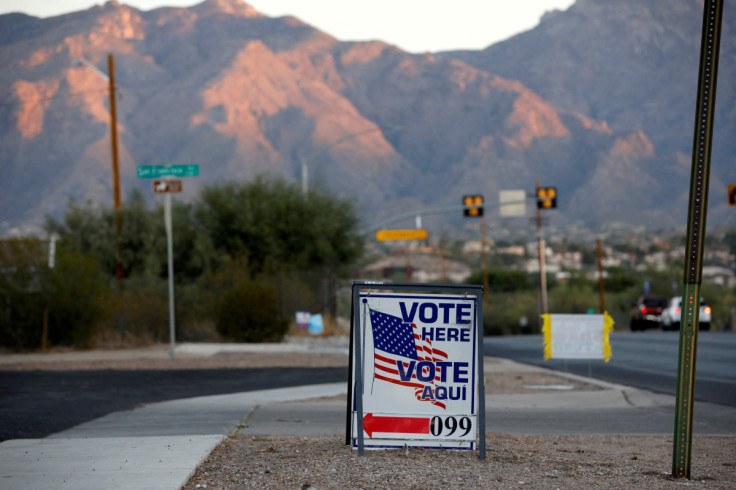
The U.S. Supreme Court has partially agreed to an emergency request from the Republican National Committee (RNC) ahead of the November elections that could have blocked more than 41,000 Arizona voters from casting their ballots.
In a 5-4 vote, the justices reinstated an Arizona law barring people from voting if they don't provide proof of citizenship when they register.
The ruling comes from an RNC request that had asked the court to pause on a 2022 lower court ruling following President Biden's narrow win in the state over former President Donald Trump in 2020. The lower court had blocked a requirement that called for state voter registration forms to be rejected if no citizenship proof is provided, as well as barring voters from casting their ballots if those requirements are not met.
As many Supreme Court decisions within the past few years, the ruling came down to a party line divide. The three liberal justices— Sonia Sotomayor, Elena Kagan and Kentanji Brown Jackson— dissented, being joined by only one conservative Justice, Amy Coney Barrett. While the other five conservative Justices— John Roberts, Clarence Thomas, Neil Gorsuch, Samuel Alito, Brett Kavanaugh— passed the measure.
The court did not detail its reasoning in a brief order. The legal fight is expected to continue in lower courts.
Reacting to the ruling on the social media platform X, RNC Chairman Michael Whatley wrote, "a seismic win in the fight to stop non-citizens from voting— more to come!"
The court's decision also comes amid an increased push by the GOP to stop non-citizens from voting— an issue that is practically nonexistent in the U.S., several studies show.
Election officials verify citizenship in different ways varying by state, but federal law requires voters to provide a unique identification number when they register to vote and because that is usually either a driver's license or Social Security, election officials can usually work with those agencies to verify citizenship status.
At the same time, Arizona has a complicated, two-track system for registering voters in which two different forms— a state one and a federal one— are accepted, with different requirements. The system stems from a decades-long dispute over the need for proof for citizenship, according to NPR.
Arizona Democratic Secretary of State Adrian Fontes said that his office, which is named in the lawsuit, respects the court's decision and "will implement these changes while continuing to protect voter access."
"My concern is that changes to the process should not occur this close to an election, it creates confusion for voters," Fontes added in a statement.
The new ruling came just ahead of Arizona's ballot printing deadline, enabling the provision to go into effect for this year's elections, when Arizona is expected to be a critical swing state in the presidential race.
By only partially agreeing to the RNC's request, the Supreme Court's decision sides with the Biden administration, according to The Hill.
The Supreme Court's order, Justices Thomas, Alito and Gorsuch signaled interest in continuing the discussion over proof of citizenship requirements for Arizona's state registration forms.
© 2024 Latin Times. All rights reserved. Do not reproduce without permission.

